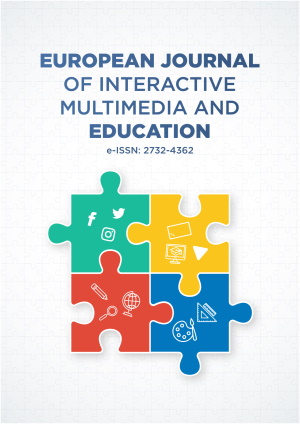Abstract
This study was necessitated by the paucity of the data on the role of information and communication technology (ICT) in the Arab education system in Israel. The study was conducted as a cross-sectional survey among novice students from the three Arab teacher training colleges. The aim of the survey was to examine whether students’ perceptions reflect the skills associated with the concepts of digital competence and higher order thinking skills (HOTS). Data were collected through the closed-item and mixed-item questionnaires. Open-ended items had also the purpose to examine participants’ reasoning skills. The results of the pilot showed good internal reliability for a closed-item questionnaire (α < 0.72) and for a mixed-item one (α < 0.76). Both quantitative and qualitative results suggested that the majority of participants understood the relevance of ICT to their learning and other areas of life and demonstrated safe and responsible use of ICT. The findings suggested that participants were less skilled in the areas of independent learning, teamwork, and developing creativity through digital tools. The results of this survey gathered baseline information for further investigations intended to examine pre-service teachers’ digital competence and develop intervention measures.
License
This is an open access article distributed under the Creative Commons Attribution License which permits unrestricted use, distribution, and reproduction in any medium, provided the original work is properly cited.
Article Type: Research Article
EUR J INTERACT MULTIMED ED, Volume 1, Issue 2, July 2020, Article No: e02008
https://doi.org/10.30935/ejimed/9138
Publication date: 04 Nov 2020
Article Views: 2845
Article Downloads: 1671
Open Access References How to cite this article
 Full Text (PDF)
Full Text (PDF)